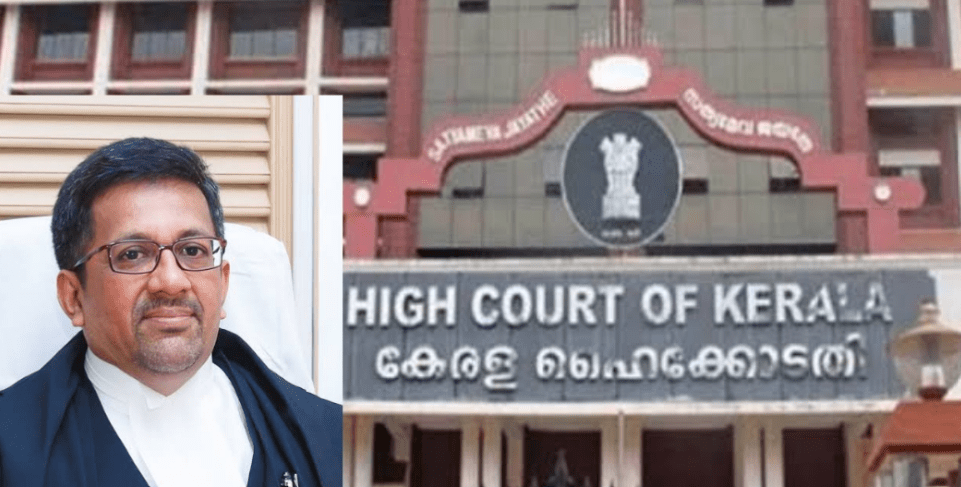In a significant ruling, the Gwalior Bench of the Madhya Pradesh High Court stated that WhatsApp chats can be used as evidence in a family court case, even if they were obtained without the partner’s consent. The Court clarified that such electronic evidence is admissible under Section 14 of the Family Courts Act, even if it may not be allowed under the Indian Evidence Act, 1872.
The case involved a husband who used a special app installed on his wife’s phone, which automatically forwarded her WhatsApp messages to his device. These chats allegedly showed that the wife was in an extra-marital relationship. The wife’s lawyer argued that the husband’s act of installing the app without her knowledge violated her right to privacy and was illegal. Therefore, the evidence should not be accepted.
However, the husband’s lawyer claimed that the chats were crucial in proving adultery. He said that under Section 14 of the Family Courts Act, relevant evidence can be admitted, even if it wouldn’t be allowed under normal rules of evidence.
After hearing both sides, the High Court examined Sections 14 and 20 of the Family Courts Act, which give the family court wide powers to accept relevant documents and electronic data. The Court stated that relevance is the key test for admitting evidence and not necessarily how it was collected.
The Court also referred to Section 122 of the Indian Evidence Act, which allows the court to consider communications between spouses in marital cases. The judges referred to the Sharda vs. Dharmpal (2003) and K.S. Puttaswamy vs. Union of India (2017) judgments, stating that while the right to privacy is fundamental under Article 21 of the Constitution, it is not absolute. In certain situations, the law can allow limited interference with this right for the sake of justice.
The Court emphasized that denying relevant evidence could affect the fairness of a trial and defeat the purpose of setting up Family Courts. If privacy rights were given more weight than relevance, Section 14 would lose its meaning, the Court said.
Key Observations by the Court:
- Evidence is admissible if relevant, no matter how it was obtained.
- Admitting evidence does not mean the fact is proven—it still needs to be verified.
- The person who gathers evidence illegally may still face civil or criminal consequences.
- The Court must handle such evidence with care to avoid any manipulation.
- The family court’s earlier order to admit the WhatsApp chats was upheld.
Case Title:
Smt. Anjali Sharma vs. Raman Upadhyay
This judgment highlights the balance courts must maintain between privacy rights and the need for fair trials, especially in sensitive matrimonial disputes.
Be a part our social media community:
Facebook: https://www.facebook.com/IndianMan.in?mibextid=ZbWKwL
Instagram:
https://www.instagram.com/indianman.in?igsh=MWZ2N3N0ZmpwM3l3cw==



